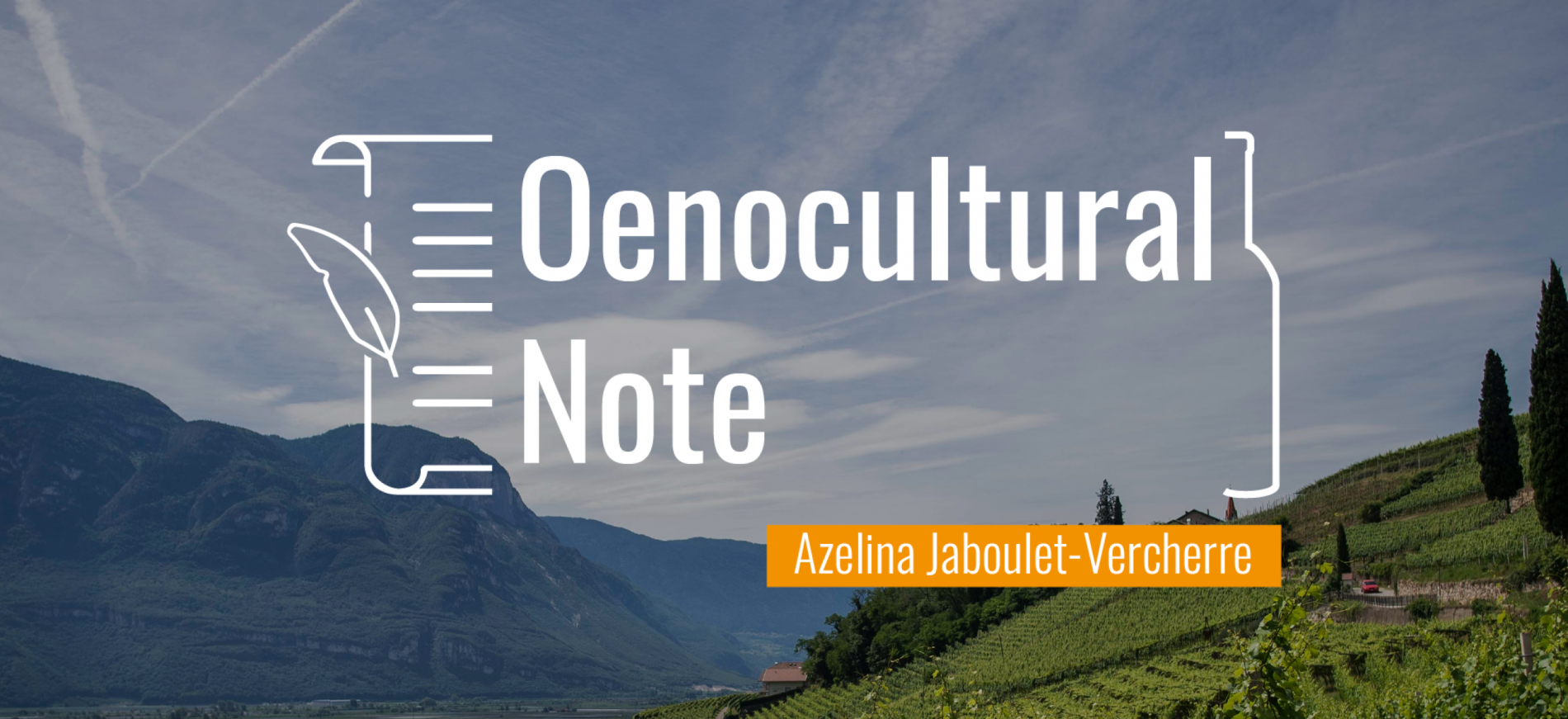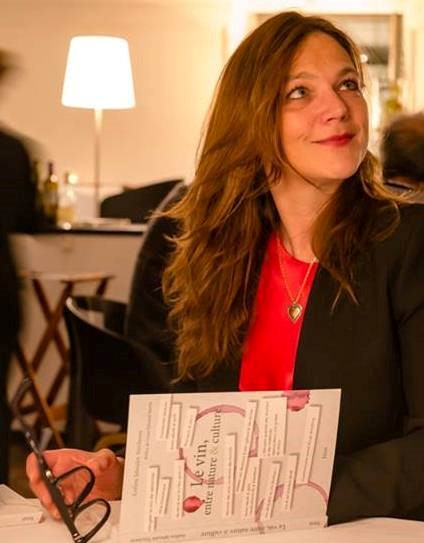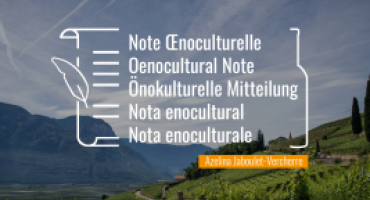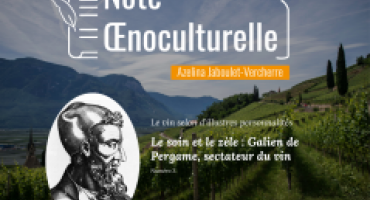
In vino veritas. You have all heard this statement, possibly thinking that it emerged in Latin.
Yet here, as often, the Romans took this notion from the Greek: οῖνος καὶ ἀλήθεια (oinos kai aletheia). It appeared as early as the 6th century B.C. in works by the poet Alcaeus (Fragments, 333), Athenaeus (The Deipnosophists, II), Plutarch (The Life of Artaxerxes), Cicero (Topics), or even the Babylonian Talmud (Eruvin 65a).
Among wine lovers, particularly in the Loire, Rabelaisian precepts are quoted at will. We rejoice in the idea of the divine bottle when wine is poured. However, in Rabelais’ work, its physical presence fades into the background: it features an oracle. In the Fifth Book (chapter XLV), when he writes “by wine we become divine”, he alludes to embracing religion, or at least a spiritual quest which prevails, by far, over materiality. Rabelais’ “pantagruelism” itself is an orgiastic simile, standing for knowledge. The body is a mere medium for the spirit’s uplifting.
“Laughing is man’s gift” he wrote, and long before Bergson.
Making this statement as an isolated quotation leads to misreading. Indeed, Rabelais quickly takes it back with the following words:
“Not laughing, but that drinking is the distinguishing character of man […]1.
Such assertions are part of the genesis of the history of wine and are worthy of renewed attention.
As a medievalist, it is my joyful mission to introduce the noble words of the history of wine within their proper context, thereby giving justice to their authorship and scope.
I am delighted to introduce this new column entitled Enocultural Note, regular reminders of my allegiance to the OIV, wine and history: a beautiful opportunity to share insights on wine. Let us hope that the illustrious characters I will be selecting for you will help us understand our own relationship to wine.
Azélina Jaboulet-Vercherre

Since she received her Ph.D. degree in History (Yale University, 2011), Azélina Jaboulet-Vercherre has created wine history and culture courses, tailored to various higher education institutions, particularly Ferrandi Paris (where she currently is an associate professor).
In 2019, the OIV Scientific and Technical Committee appointed Azélina to the position of President of the International OIV Award Jury.
____________
1 Fifth book, Chapter XLV. “How Bacbuc explained the word of the Goddess-Bottle”

